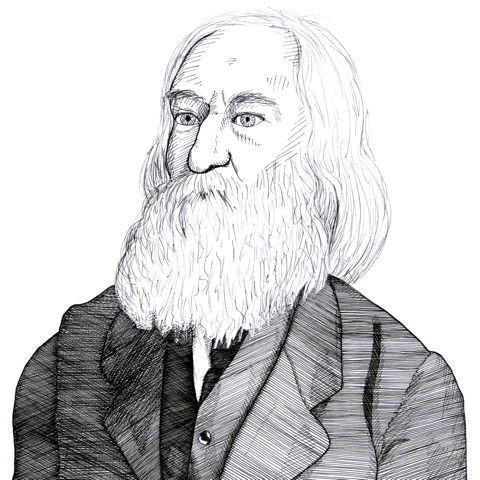
Spooner on the “natural right to labor” and to acquire all one honestly can (1846)
Found in: The Shorter Works and Pamphlets of Lysander Spooner, Vol. 1 (1834-1861)
The American radical individualist Lysander Spooner (1808-1887) argued that a person could not exercise their “natural right to labor” unless they could also exercise their “natural right to make contracts” which more often than not was restricted by “arbitrary legislation”:
Economics
Each man has the natural right to acquire all he honestly can, and to enjoy and dispose of all that he honestly acquires; and the protection of these rights is all that any one has a right to ask of government in relation to them. It is all that he can have, consistently with the equal rights of others. If government give any individual more than this, it can do it only by taking it from others. It, therefore, in doing so, only robs one of a portion of his natural, just, and equal rights, in order to give to another more than his natural, just, and equal rights. To do this, is of the very essence of tyranny. And whether it be done by majorities, or minorities, by the sword, the statute, or the judicial decision, it is equally and purely usurpation, despotism, and oppression.
Labor is one of the means, which every man has a natural right to employ for the acquisition of property. But in order that a man may enjoy his natural right to labor, and to acquire all the property that he honestly can by it, it is indispensable that he enjoy fully and freely his natural right to make contracts; for it is only by contract that he can procure capital on which to bestow his labor. And in order that he may obtain capital on the best possible terms, it is indispensable that his natural right of contract be entirely unrestricted by any arbitrary legislation; also that all the contracts he makes be held obligatory fully to the extent, and only to the extent, to which, according to natural law, they can be binding.